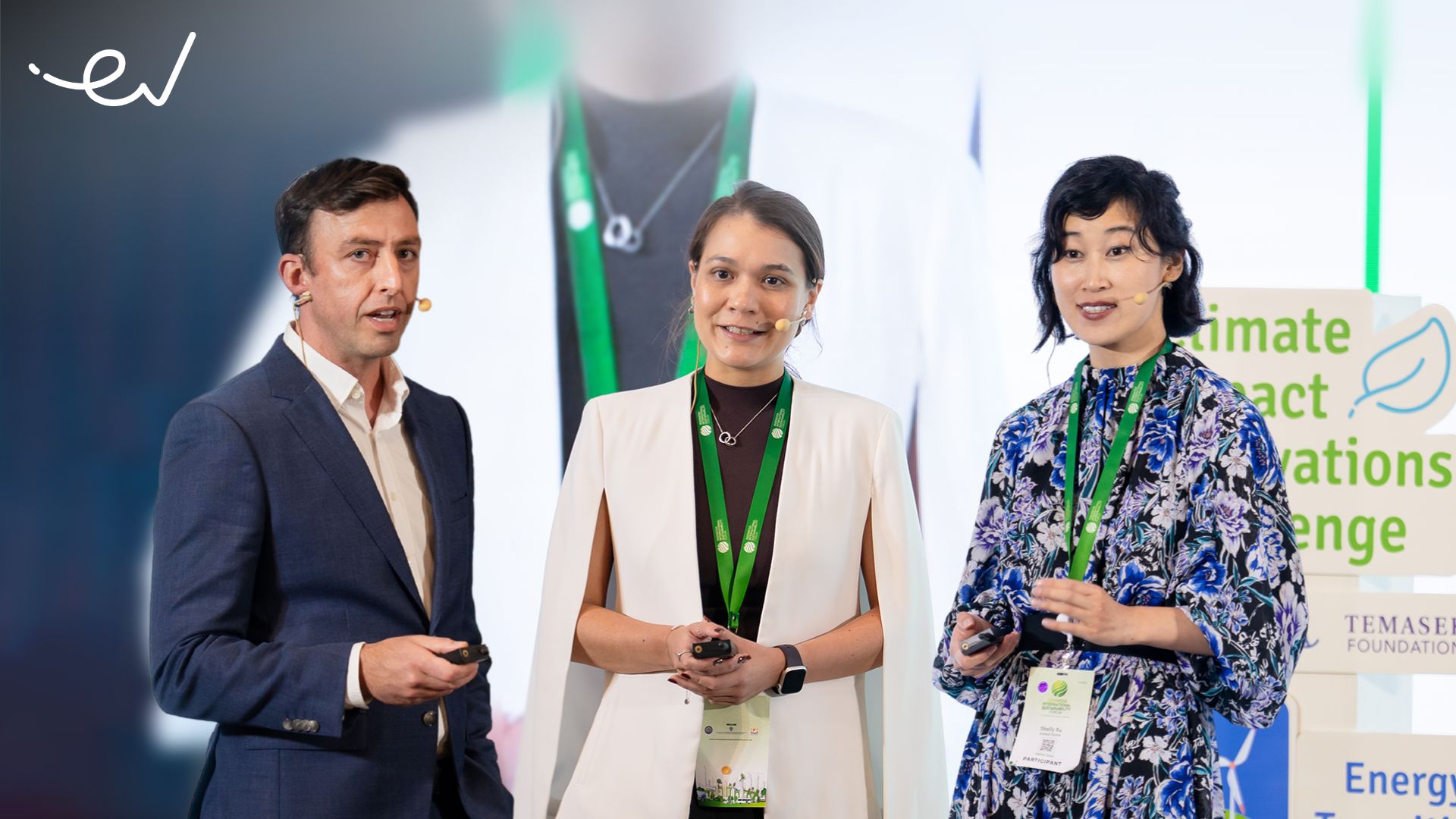AI (artificial intelligence) adoption in Indonesia is still in its early stages, but continues to show significant progress
The digital ecosystem and evolving technological trends are paramount in shaping a nation’s or enterprise’s digital competitiveness. That said, robust digital infrastructure is also fundamental, providing the bedrock for operational efficiency and groundbreaking innovation.
Indonesia is poised for a massive tech adoption, including AI, accelerated by a growing digital ecosystem, the East Ventures—Digital Competitiveness Index (EV-DCI) 2025 report revealed. This phenomenon is driven by technological innovation and support from the government, industry, academia, and society.
Although AI adoption continues to grow significantly, the industry remains nascent. Research by KIC (Katadata Insight Center), titled ‘AI Sovereignty to Empower Indonesia’, reveals that AI usage in the country is still largely dominated by everyday applications that do not require deep technical understanding, such as chatbots, voice assistants, or recommendation systems.
EV-DCI 2025 also points out that most institutions in Indonesia still act as takers or users. Meanwhile, private companies are generally still in the R&D (Research and Development) phase for more advanced AI solutions.
“Only 13% of business players in Indonesia use AI at an advanced level, but more than 80% have integrated AI into their business operations. There is also a massive increase in investment towards AI-based startups (IoT and big data), and the workforce’s enthusiasm in adopting AI in their operations,” the report stated.
Investment in AI-based startups continues to rise
Until 2024, the total investment in Indonesia’s AI-based startups reached US$542.9 million, growing by 141.5% over the past five years. Indonesia has also attracted significant investments from global tech companies for the development of AI infrastructure.
In the first quarter of 2024, Nvidia partnered with PT Indosat Ooredoo Hutchison Tbk and announced a US$200 million investment plan to build an AI and HR (Human Resources) development center in Surakarta. Microsoft has also committed to investing US$1.7 billion in cloud and AI infrastructure development, and training 840,000 Indonesian talents.
Recognizing the immense potential of AI and the growing adoption trend, the Indonesian government has also taken strategic steps to accelerate its development. The Stranas KA (The National Artificial Intelligence Strategy) 2020–2045 has been established as a roadmap for AI advancement.
“This step is reinforced by the establishment of the PIKA (Artificial Intelligence Innovation Center) to promote coordination between the public and private sectors,” the report stated.
Additionally, the initiative KORIKA (Collaboration to Accelerate Indonesia’s AI Innovation) has been formed to drive AI development across various sectors. These policies reflect the government’s commitment to creating a conducive and competitive AI ecosystem.
Regarding policies and regulations, the government has taken strategic measures by issuing Law No. 27 of Year 2022 on Personal Data Protection (PDP Law). This legislation is expected to support digital-based innovation broadly, not only for artificial intelligence development, but also for the wider digital ecosystem.
Although the PDP Law has significant potential to support the AI ecosystem, its implementation still faces several key challenges that may affect Indonesia’s digital competitiveness.
These challenges include a lack of public awareness about personal data protection, limited law enforcement capabilities, and insufficient technological infrastructure readiness.
Implementing the PDP Law is a crucial step to strengthen Indonesia’s digital competitiveness by creating a safer, more innovative, and competitive digital ecosystem, including in the AI sector.
With clear regulations, Indonesia can attract more investment, boost user trust, and accelerate digital transformation across multiple sectors.
The original article was published on Katadata, 17 July 2025.







